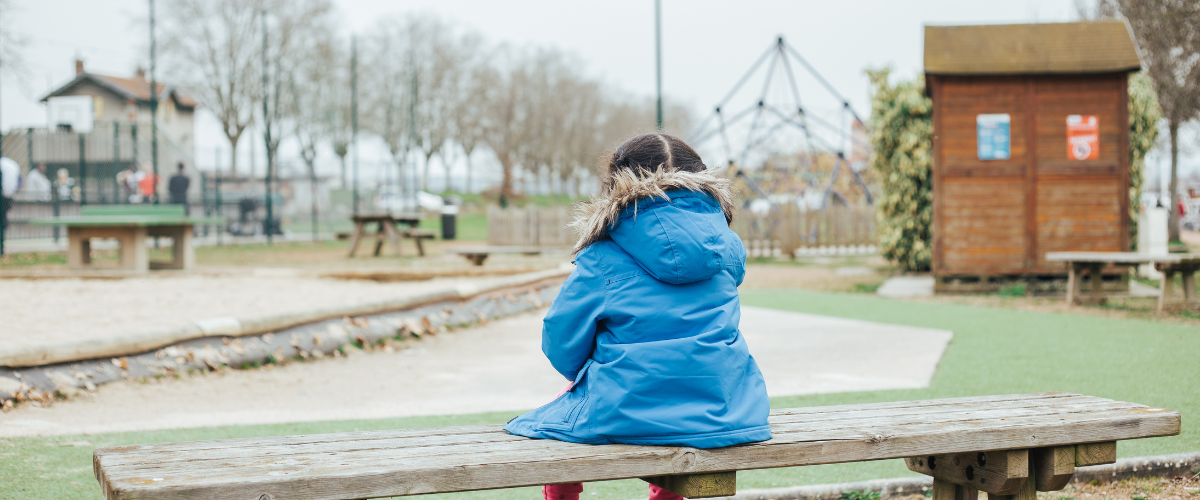ACEs, Toxic Stress, & Resilience

Adverse Childhood Experiences (ACEs)
Childhood is a vulnerable time, and what happens to us then has long deep impacts. Adverse childhood experiences (ACEs) describe traumatic experiences that can have lasting effects into adulthood.
The more ACEs someone experiences, the more challenging they may be to overcome.
Watch this video to learn more about ACEs: Adverse Childhood Experiences (ACEs) >>
Understand how your childhood could have an impact on you:
Toxic Stress
Extensive research on the biology of stress now shows that healthy development can be derailed by excessive or prolonged activation of stress response systems in the body and brain. Such toxic stress can have damaging effects on learning, behavior, and health across the lifespan.
How Early Childhood Experiences Affect Lifelong Health and Learning
How is ongoing, severe stress and adversity in early childhood connected to chronic disease in adults? And, what can we do about it? In this animated video, narrated by Center on the Developing Child Director Jack P. Shonkoff, M.D., learn what the latest science tells us about how early experiences affect not only early learning and school readiness, but also lifelong health. Understand the effects of adversities such as poverty, discrimination, systemic racism, exposure to violence, and child maltreatment, abuse, and neglect on the developing brain and many other systems in the body. Watch Video >>
Resilience
Family resilience refers to the ability of a family to adapt, bounce back, and thrive in the face of adversity or challenging circumstances. A family can maintain positive functioning and well-being despite experiencing stress, trauma, or significant life changes.
Resilient families can effectively cope with and overcome challenges, such as financial difficulties, health issues, loss of a loved one, or relationship conflicts. They possess certain qualities and characteristics that contribute to their ability to navigate through difficult times and maintain a sense of stability and cohesion.
Some key features of family resilience include:
1. Strong communication: Resilient families have open and honest communication patterns. They can express their thoughts, feelings, and needs effectively, which helps them to address and resolve conflicts in a healthy manner.
2. Flexibility and adaptability: Resilient families can adjust and adapt to changing circumstances. They are open to new ideas, willing to make necessary changes, and able to find alternative solutions when faced with obstacles.
3. Social support: Resilient families have a strong network of supportive relationships, both within and outside the family. They rely on each other for emotional support, seek help from friends and extended family members, and may also engage in community resources or support groups.
4. Problem-solving skills: Resilient families possess effective problem-solving skills. They can identify and define problems, generate multiple solutions, evaluate the pros and cons, and implement the most appropriate solution.
5. Positive outlook: Resilient families maintain a positive outlook and have a sense of hope and optimism, even in challenging times. They focus on strengths and resources, rather than dwelling on limitations or setbacks.
6. Shared values and beliefs: Resilient families often have a strong sense of shared values and beliefs that provide a sense of purpose and meaning. These values and beliefs serve as a guiding force during difficult times and help the family stay connected and united.
Overall, family resilience is a dynamic process that involves the interaction of various factors within the family system. It is not about avoiding or eliminating adversity, but rather about building the capacity to effectively cope with and overcome challenges, ultimately strengthening the family unit.
To learn more about resilience watch this short video from the Center on the Developing Child at Harvard University: In Brief: What is Resilience >>


